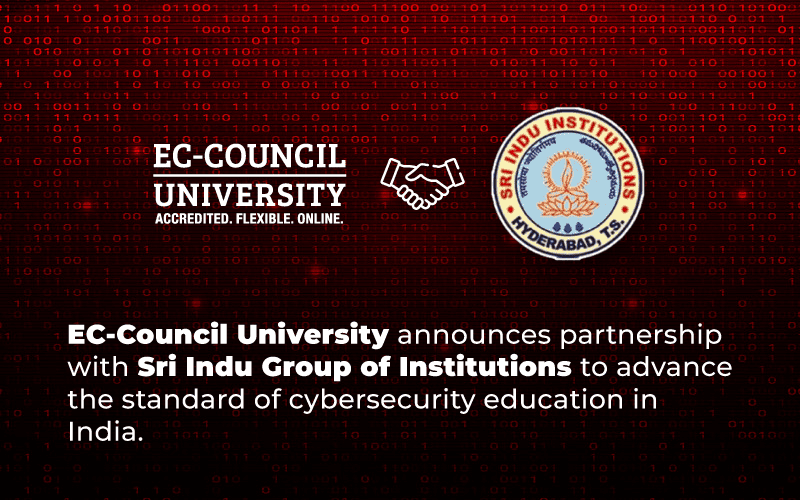Cybersecurity is a critical concern for any industry that deals with personal and financial data, and the gaming industry is no exception. As the gaming industry continues to extend and mature, so do the cybersecurity threats. This creates a significant opportunity for young professionals interested in the field to make a meaningful impact in securing players’ data while enjoying the benefits of working in a dynamic and exciting industry. However, the gaming industry also faces unique challenges requiring innovative solutions to protect players’ data while maintaining the user experience.
Opportunities in the Gaming Industry:
According to a report launched at the Game Developer Conference by Newzoo and MPL, the paid competitive gaming or PCG market is expected to reach $16 billion by 2024. The industry is growing 6X faster than the overall global mobile games market, with a CAGR of 31.9 percent from 2021 to 2024. With this transition comes an augmented need for cybersecurity professionals to protect players’ data from cybersecurity attacks. The gaming industry is not immune to these threats and requires skilled professionals to combat them.
Additionally, the gaming industry offers various career opportunities for young professionals interested in cybersecurity, including:
- Game Security Engineer: Responsible for securing the game’s infrastructure and code against cyber security attacks.
- Game Security Analyst: Conducts security audits and vulnerability assessments on the game’s systems and networks.
- Game Security Consultant: Provides cybersecurity advice and recommendations to game developers and publishers.
- Game Penetration Tester: Conducts ethical hacking tests to identify vulnerabilities in the game’s systems and networks.
Challenges faced by leading companies in the Gaming Industry:
- Exploit vulnerabilities in games’ code: The gaming industry faces unique challenges requiring innovative solutions to protect players’ data. One of the considerable challenges is the increasing sophistication of cyber security attacks targeting the industry. Hackers continually find new ways to exploit vulnerabilities in games’ code and infrastructure, making it increasingly demanding to keep up with the latest threats.
- Complex user experience: Another challenge facing the industry is balancing cybersecurity with the user experience. Game developers must ensure that their security measures do not interfere with players’ ability to enjoy the game. This mandates a fragile balance between security and usability.
- Intricate business model: The gaming industry also faces challenges related to the nature of its business model. Many games are free-to-play, which means the company makes money through in-game purchases or advertising. This incentivizes hackers to target the game to access players’ financial data or use their devices for malicious purposes. As a result, gaming enterprises must guarantee that their security measures are robust enough to protect players’ data without compromising the game’s revenue model.
Statistics on Cybersecurity in Gaming:
According to a report by Akamai, the gaming industry is one of the top targets for cyber attacks, with attacks doubled over the past year. The report also found that:
- Web application attacks in gaming have increased by 167 percent from Q1 2021 to Q1 2022, affecting millions of video gamer accounts globally.
- The gaming enterprise is targeted for 37 percent of all DDoS incursions.
- Gaming is the second most targeted vertical in the financial sector at 22 percent.
- The primary target of attackers is the United States, followed by Switzerland, India, Japan, the United Kingdom, and other nations throughout Europe and Asia.
These statistics highlight the gaming industry’s significant cybersecurity risks and the need for skilled cybersecurity professionals to combat them.
The gaming industry faces a multitude of cybersecurity challenges that can be particularly challenging for young professionals who are just initiating in the domain. Here are some of the key cyber security attacks threatening the gaming industry and cybersecurity challenges that young professionals may encounter in the gaming industry:
- Online fraud: Online fraud is a significant concern in the gaming industry, with cybercriminals targeting game developers and players. Young professionals must understand the various types of online fraud, such as phishing attacks and identity theft, and take measures to prevent them.
- Malware: Malware is another significant cybersecurity challenge in the gaming industry. Malicious software can be hidden in in-game files, downloads, and updates, posing a significant threat to the security of game developers and players alike. Young professionals need to be familiar with malware detection and prevention techniques to keep their projects and users safe.
- Intellectual property theft: It is a major issue in the gaming industry, with cybercriminals looking to steal game code, artwork, and other assets. Young professionals must take measures to protect their intellectual property and ensure their projects are secure.
- In-game exploits: In-game exploits, such as cheats and hacks, can pose a significant threat to the security of online games. Young professionals must be mindful of these exploits and take steps to thwart them, such as implementing anti-cheat measures and conducting regular vulnerability assessments.
- User data breaches: User data breaches can have severe consequences for both game developers and players. Young professionals need to take measures to protect user data, such as implementing strong encryption and authentication protocols and conducting regular security audits.
- Third-party security risks: Third-party software and services are often used in the gaming industry but can pose a substantial security threat if not appropriately vetted. Young professionals need to be aware of the security risks associated with third-party software and services and take measures to minimize them.
Cybersecurity in gaming is an ever-growing concern, and the industry offers numerous opportunities for young professionals interested in making a career in the field. However, the industry also faces unique challenges requiring innovative solutions to protect players’ data while maintaining the user experience. By staying up-to-date with the latest innovations, dangers and investing in skilled cybersecurity professionals, the gaming industry can ensure that players can continue to enjoy this secure and thriving industry.
How can EC-Council University help with this?
EC-Council University is an excellent option for young professionals in the gaming industry who are looking to develop their skills and knowledge in cybersecurity. The university offers a range of specialized degree programs, including online Cyber Security Degrees, cybersecurity master’s, and Bachelor’s Degrees in Cybersecurity. These programs provide students with a comprehensive understanding of the latest cybersecurity technologies and best practices, preparing them for careers as cybersecurity analysts in the gaming industry. EC-Council University also offers certification programs, such as the Certified Ethical Hacker (CEH) and Certified Network Defender (CND), which can help young professionals to acquire the skills and credentials needed to advance their careers in the gaming industry. EC-Council University is an excellent choice for young professionals looking to succeed as cybersecurity analysts in the gaming industry.
FAQs:
Ans. Cybersecurity is important in gaming to protect players’ personal information, prevent cheating, safeguard game assets, and maintain the integrity and stability of online gaming platforms.
Ans. Security designers in the gaming industry need to consider several aspects when developing gaming applications, such as:
-
- Secure communication protocols to prevent interception or tampering of data during transmission.
- Robust data protection mechanisms to safeguard players’ personal information and prevent unauthorized access.
- Reliable authentication and access control mechanisms to ensure that only authorized players and devices can access the game.
- Anti-cheat mechanisms to prevent cheating and maintain a fair playing field for all players.
- Software and hardware security to prevent hacking, unauthorized modifications, or reverse engineering of the game.
Ans. Online gaming faces various cyber threats, including phishing attacks, where criminals try to trick players into revealing personal information, and malware downloaded through game modifications. Other threats include DDoS attacks, hacking, and cheat software that can manipulate game outcomes or steal personal data.








